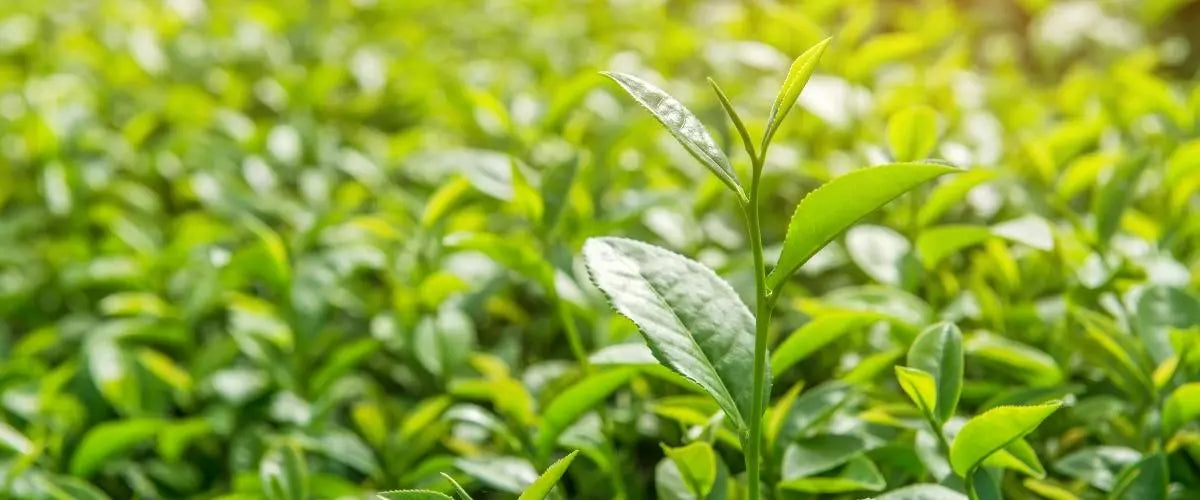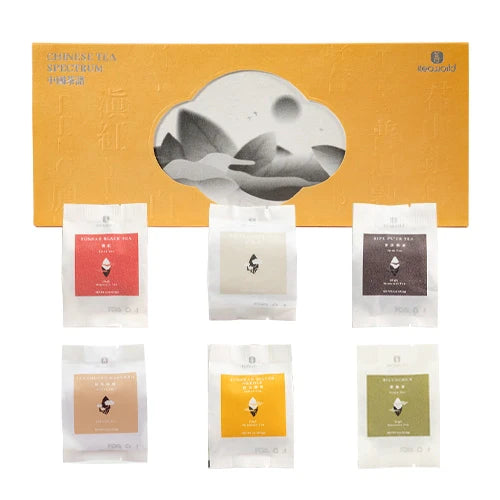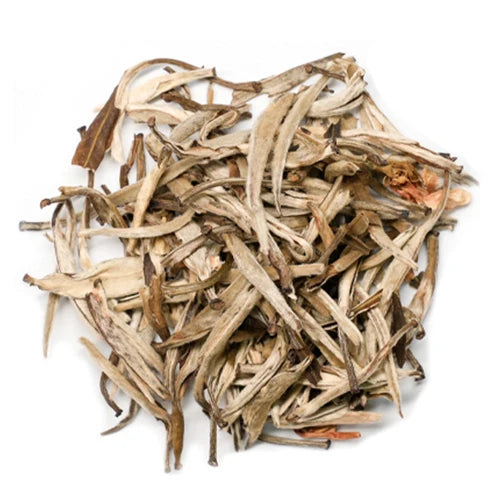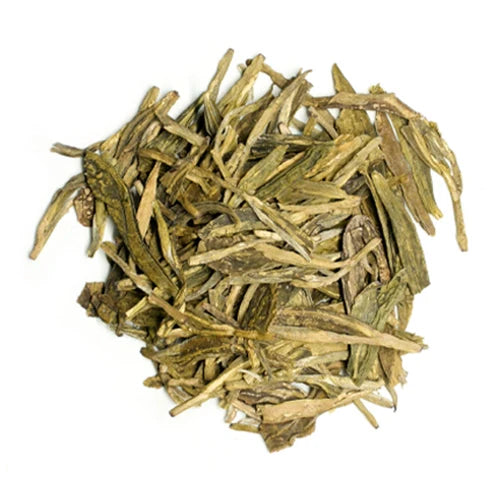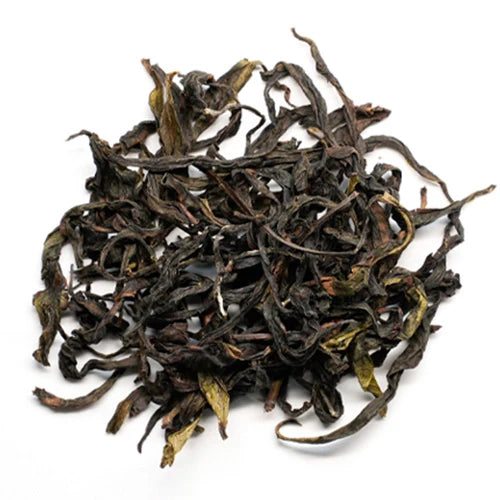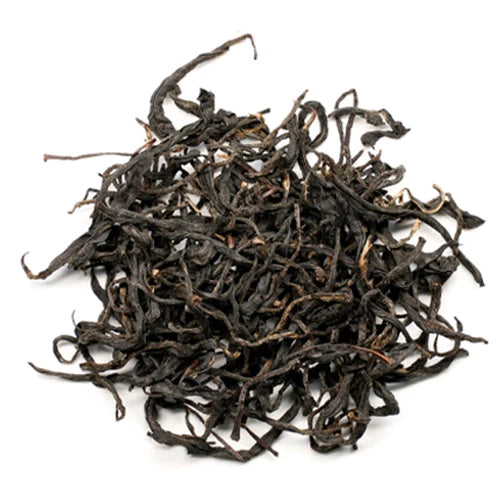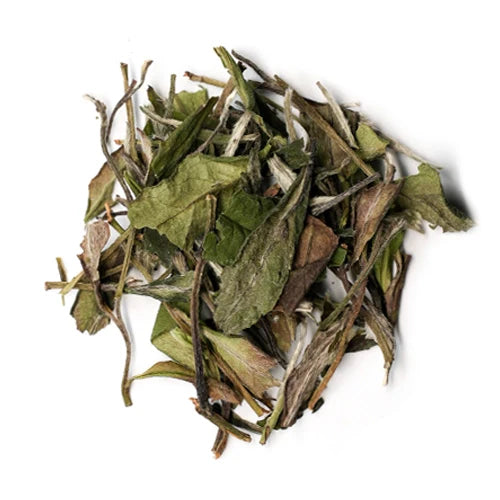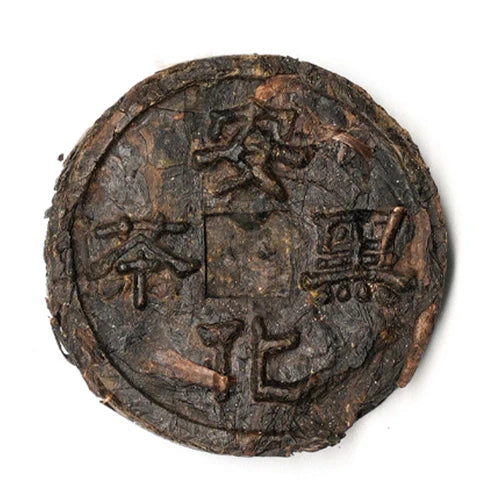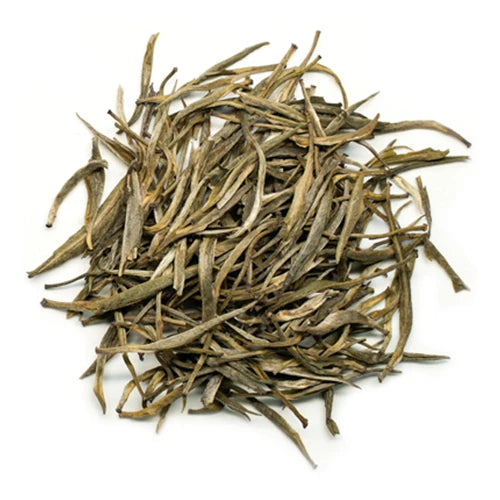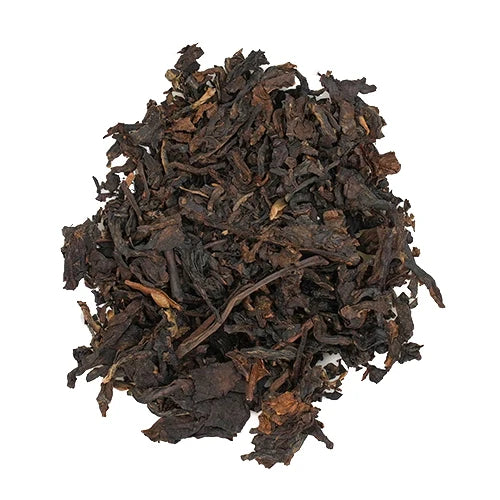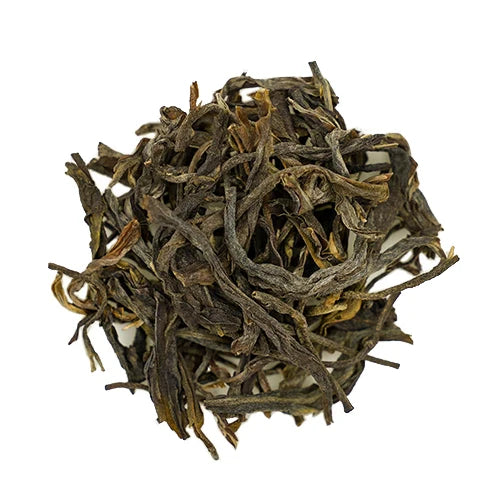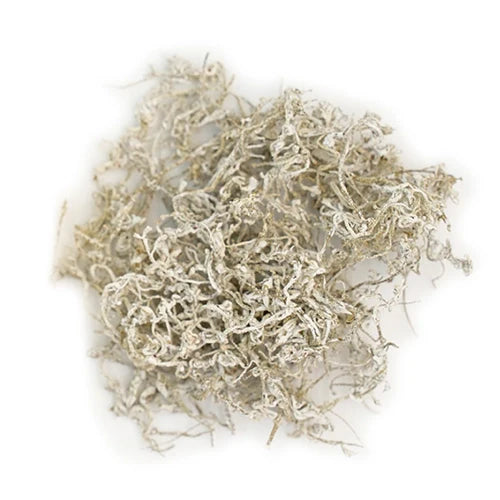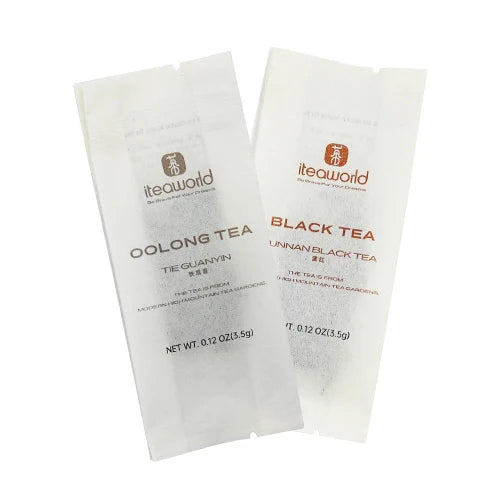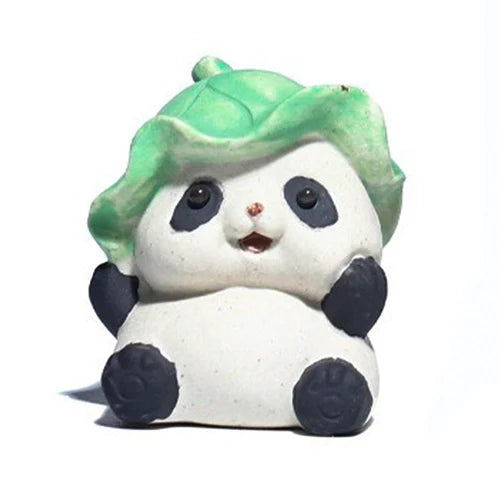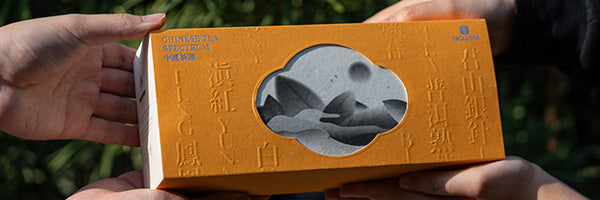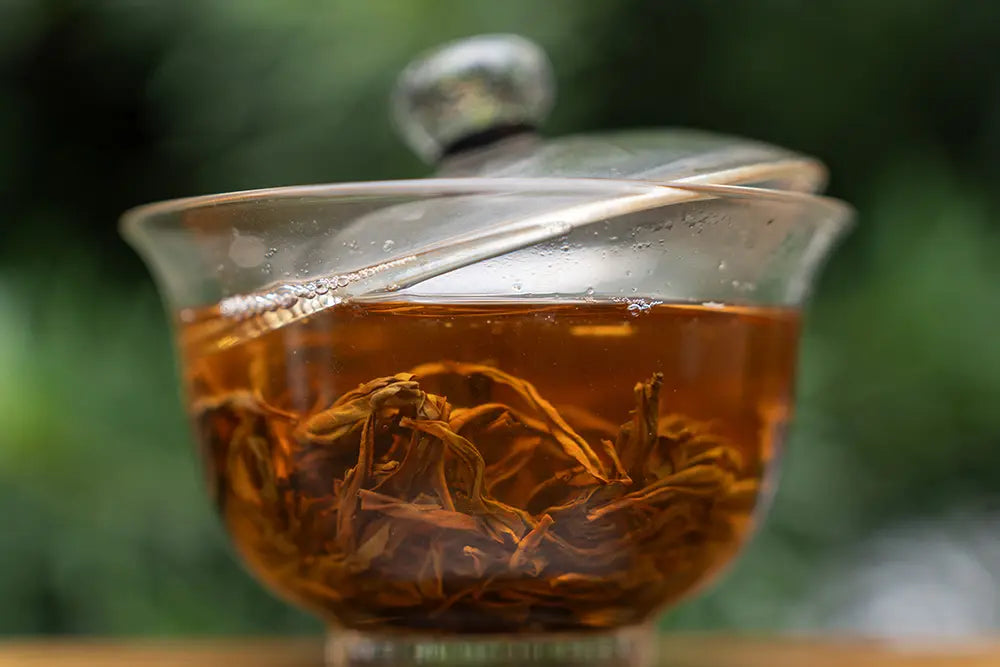Loose Leaf Oolong Tea, with a wide variety of types and significant differences in processing, belongs to the category of semi-oxidized tea.
The basic characteristics of Loose Leaf Oolong Tea include a greenish-brown appearance, a greenish-golden hue in the infusion, and a clear, fragrant, and mellow taste, hence referred to as green tea or Oolong tea. Loose Leaf Oolong Tea is primarily produced in regions such as Fujian, Taiwan, and Guangdong in China.
Loose Leaf Oolong Tea is renowned for its delicious flavor and rich aroma. In addition to its exquisite taste, it offers numerous health benefits, making oolong teas ideal choices as a thoughtful tea gift sets for family and friends. Let's delve into more details below.
1.Weight Loss
Loose Leaf Oolong Tea is often referred to as a weight loss tea. It has the ability to regulate fat metabolism and promote fat oxidation, aiding in weight and fat reduction. It can accelerate metabolism, promote digestion, and help control appetite.
2.Refreshing and Invigorating
Loose Leaf Oolong Tea contains a moderate amount of caffeine, providing a short-term stimulant effect that helps refresh and enhance alertness and concentration, without causing excessive excitement or caffeine dependency.
3.Antioxidant and Anti-Aging
Loose Leaf Oolong Tea is rich in various antioxidants that neutralize free radicals and slow down cellular oxidative damage, contributing to maintaining skin health and delaying the aging process.
4.Diabetes Control
Oolong tea can help prevent diabetes and its complications by improving insulin resistance, activating insulin signaling pathways, exerting insulin-like effects, reducing oxidative stress, and alleviating inflammatory reactions.
5.Cholesterol Reduction
Studies have found that individuals who consume Loose Leaf Oolong Tea regularly experience a decrease in levels of total cholesterol, triglycerides, and low-density lipoprotein cholesterol.
The tea polyphenols in Loose Leaf Oolong Tea work by inhibiting fat absorption and promoting fat breakdown, thereby lowering blood lipid levels. Additionally, the amino acids in Loose Leaf Oolong Tea stimulate the oxidation metabolism of fatty acids, contributing to the reduction of blood lipids.
6.Anticancer
Among various types of loose leaf tea, Loose Leaf Oolong Tea exhibits the best anticancer effects. Multiple studies indicate that Loose Leaf Oolong Tea has inhibitory effects on various cancers, including liver cancer, gastric cancer, and breast cancer.
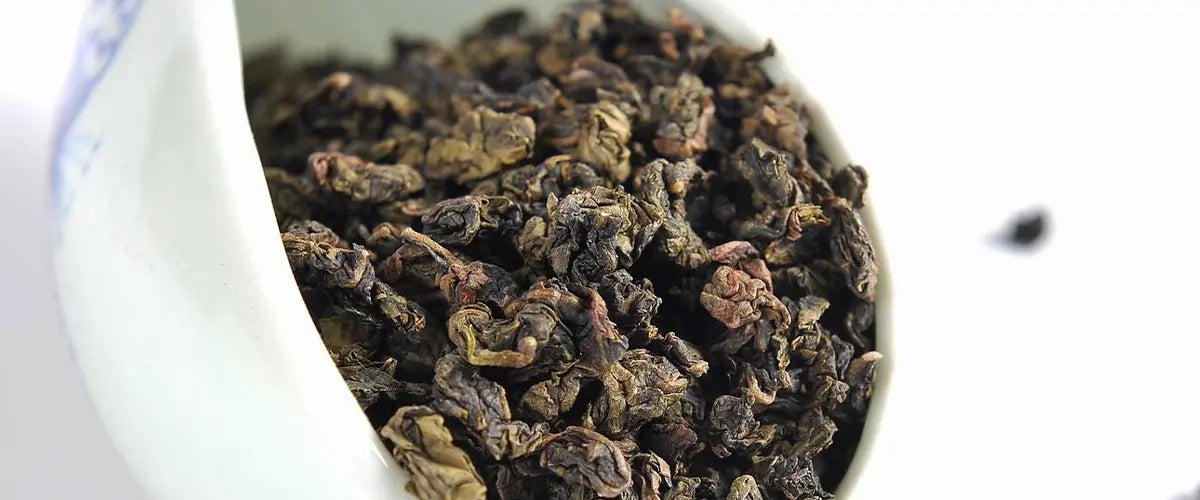
7.Oral Health Protection
The polyphenols found in Loose Leaf Oolong Tea have the ability to inhibit the production of plaque-forming enzymes. Plaque-forming enzymes, in conjunction with sugars present in food, contribute to the formation of substances that can erode teeth. Therefore, drinking a cup of Oolong tea after meals can prevent the occurrence of plaque and tooth decay.
8.Stress Reduction
The tea polyphenols and amino acids in Loose Leaf Oolong Tea have calming and uplifting effects, alleviating anxiety, stress, and fatigue. They enhance alertness and concentration, improving overall psychological well-being.
9.Improved Hearing
Research results indicate that, after adjusting for other potential influencing factors, middle-aged and elderly individuals who habitually drink Oolong tea demonstrate better recognition of different audio patterns in the brain compared to those who do not have the habit.
Additionally, the protective effect of Loose Leaf Oolong Tea on hearing appears to be more pronounced in males than females. While consuming Loose Leaf Oolong Tea has a beneficial effect on hearing, it's important not to exceed moderate consumption. A recommended daily intake is 1-2 cups.
10.Enhanced Immunity
Loose Leaf Oolong Tea contains rich antioxidants and vitamins, contributing to the strengthening of the immune system, boosting the body's resistance, and reducing the risk of diseases.
Find more loose leaf oolong tea with our Oolong Tea Sampler.>>>
When is it suitable to drink Oolong tea?
Loose Leaf Oolong Tea is a semi-oxidized tea with a moderate nature, neither too cooling nor too warming. Therefore, it is suitable for consumption throughout the year.
During the day, the following time periods are particularly suitable for drinking Loose Leaf Oolong Tea, providing good health benefits:
Morning (9:00-10:00): Drinking a cup of Oolong tea during this time can act as a detoxifying agent and combat fatigue.
Afternoon (1:00-2:00): Consuming Oolong tea in the afternoon can aid in digesting the fats from lunch, promoting lipid metabolism and assisting in weight management.
Evening (around 6:00): Having a cup of Oolong tea in the evening can help lower blood lipid levels and facilitate digestion.
Oolong Tea Recommendations
When first trying Loose Leaf Oolong Tea, it's best to use a tea sampler to explore and discover a tea that suits your taste in an economical and convenient way. Starting with some well-known Loose Leaf Oolong Tea varieties is also an excellent choice, such as Da Hong Pao and TieGuanyin.
1.Da Hong Pao

Da Hong Pao is produced in Wuyi Mountain, Fujian, China. It is renowned as the "Top Scholar of Teas" and the "Tea King of Wuyi," making it one of the best Loose Leaf Tea.
Da Hong Pao's leaves are tightly twisted, displaying a glossy green-brown color. The dry tea leaves have a pure and authentic fragrance. When brewed, the tea has a clear, orange-yellow liquor with a rich and aromatic aroma. The taste is refreshing, smooth, and sweet.
2.TieGuanyin

TieGuanyin is produced in Anxi, Fujian, China. It is one of the most famous premium Oolong teas in Fujian and is often referred to as the "Tea King" in the region.
TieGuanyin features robust and plump leaves with a lasting and intense floral fragrance, particularly reminiscent of orchids. The taste is mellow, thick, and sweet, with a notable endurance for multiple infusions.





